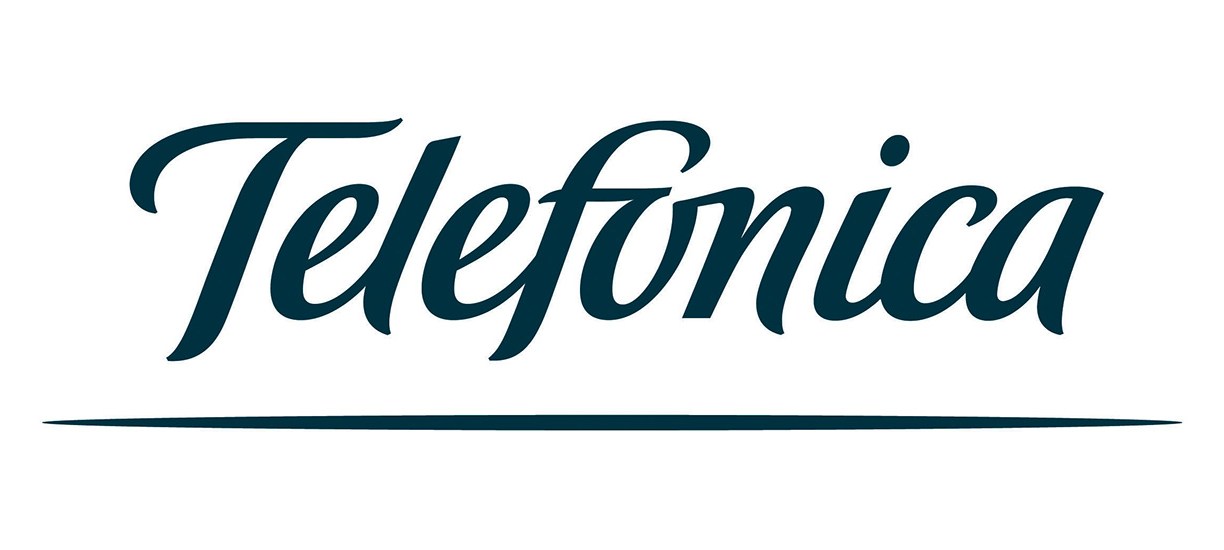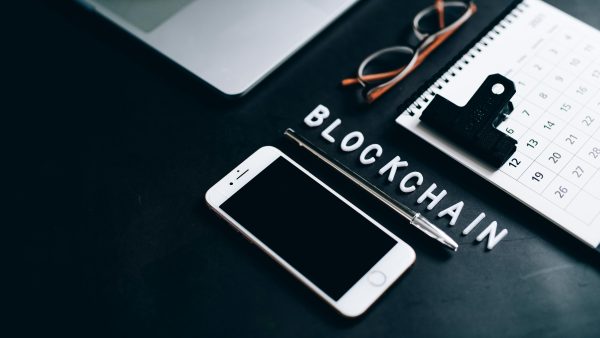Madrid, November 14, 2018 – Telefónica and IBM (NYSE:IBM) today announced a collaboration to implement blockchain technology to streamline core business processes. The initiative will focus on the key attributes of blockchain to address complex challenges in services delivered by Telefónica that register data and information from different sources regarding business and network processes.
The power of blockchain is applicable to the telecommunications business, which participates in an eco-system with a large network of disparate organizations. Blockchain establishes a shared, immutable record of all the transactions that take place within a network and then enables permissioned parties access to trusted data in real time. By applying the technology to end-to-end telco processes, a new form of command and consent can be introduced into the flow of information that enables significant gains in efficiency and trust. By allowing participating members secure and authorized access to necessary details, blockchain also delivers enhanced privacy and confidentiality.
The complexity of business processes within telecommunications is why the market size for blockchain telecommunications projects is expected to grow from USD 46.6 million in 2018 to USD 993.8 million by 2023, according to a report from Research and Markets.
The initial project between Telefónica and IBM is aimed at improving the reliability and transparency of information collected by different networks when routing international calls. Using the IBM Blockchain Platform powered by the IBM Cloud, Telefónica will work to track in real time the certainty and traceability of each international call and its attributes (mainly origin, destination and duration) in a decentralized platform to which all the operators in the chain have permissioned access. The solution is a clear example of how the application of blockchain technology within the telco networks, dramatically enhances the accuracy and immutability of the data generated while delivering different services.
“This project is one of our first initiatives to secure real benefits from the adoption of blockchain in our core business. We believe that the new paradigm of process decentralization that blockchain facilitates perfectly fits with the telecommunications industry and can help us to significantly improve the way we have been traditionally solving the integrations between partners, “says Gonzalo Martín-Villa, Chief Innovation Officer of Telefónica “Blockchain will allow operators to generate a new layer of confidence in the Internet based not on the players that generate the data and the transactions but on the data itself”.
“In a world that is increasingly focused on data, customer experience, trust and digital ecosystems, blockchain can help communications service providers to streamline internal processes or, as in the project we are working with Telefónica, to increase trust among the different partners in the communications ecosystem, avoiding the need for call data reconciliation and thus achieving high potential benefits like reduced risk, time saving and cost removal.”, said Ignacio Martín Santos, Managing Director for Telefónica Integrated Account in IBM.
Beyond voice, the solution can be applied to many other services, building a trustworthy network of peers (operators, service providers, vendors, etc.) involved in delivering a digital service such as data consumption, authentication processes, cloud computing or data storage. The network can then reach a consensus in real-time about the veracity and traceability of the information and data pertaining to the services usage that is generated and collected from multiple sources and systems, regardless the owner or the entity that is hosting or operating those systems.
This approach dramatically improves the efficiency in business processes that consume this data, such as billing, accounting and reporting. Additionally, it can help to discover fraudulent behavior within end-to-end processes and resolve recurring problems between vendors, providers and operators such as dispute resolution, commercial losses due to uncollected revenues or discrepancies between the information recorded by each peer.
About IBM:
IBM is recognized as the leading enterprise blockchain provider. The company’s research, technical and business experts have broken barriers in transaction processing speeds, developed the most advanced cryptography to secure transactions, and are contributing millions of lines of open source code to advance blockchain for businesses. IBM is the leader in open-source blockchain solutions built for the enterprise. Since 2016, IBM has worked with hundreds of clients across financial services, supply chain, government, retail, digital rights management and healthcare to implement blockchain applications, and operates a number of networks running live and in production. The cloud-based IBM Blockchain Platform delivers the end-to-end capabilities that clients need to quickly activate and successfully develop, operate, govern and secure their own business networks. IBM is an early member of Hyperledger, an open source collaborative effort created to advance cross-industry blockchain technologies. For more information about IBM Blockchain, visit https://www.ibm.com/blockchain/ or follow us on Twitter at @ibmblockchain.
About Telefónica
Telefónica is one of the largest telecommunications companies in the world by market capitalization and number of customers with a comprehensive offering and quality of connectivity that is delivered over world class fixed, mobile and broadband networks. As a growing company it prides itself on providing a differential experience based both on its corporate values and a public position that defends customer interests.
The company has a significant presence in 17 countries and over 356 million accesses around the world. Telefónica has a strong presence in Spain, Europe and Latin America, where the company focuses an important part of its growth strategy.
Telefónica is a 100% listed company and its shares are traded on the Spanish Stock Market and on those in London, New York, Lima, and Buenos Aires.









